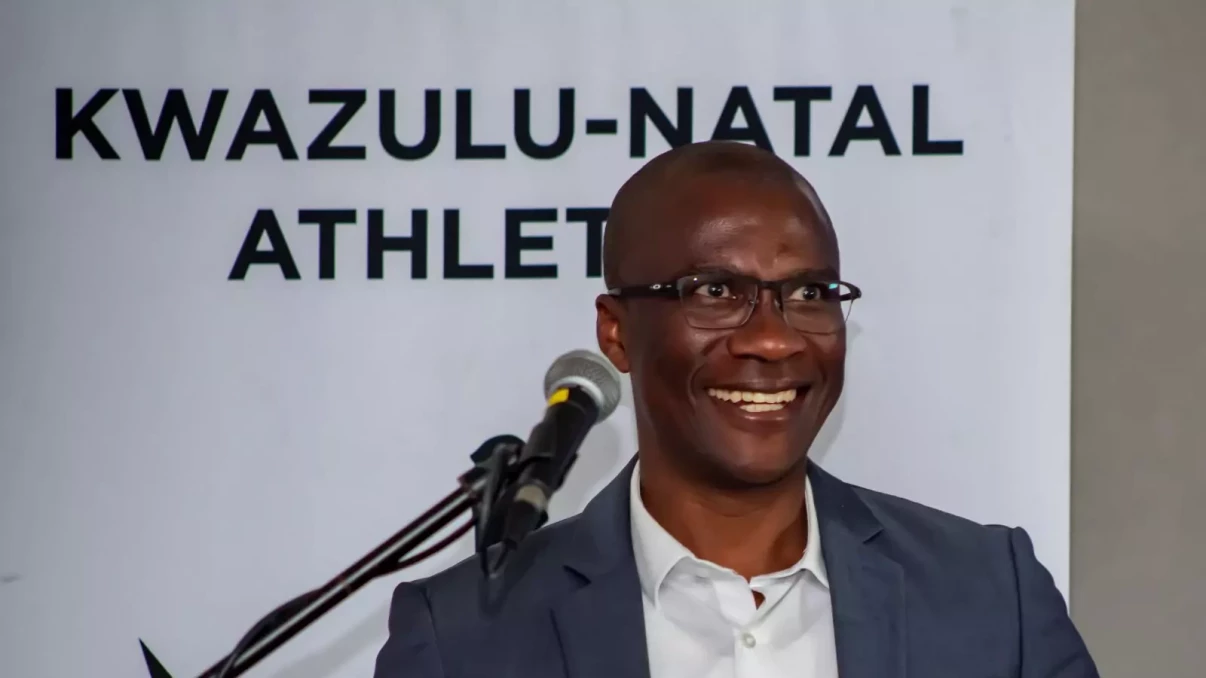KwaZulu-Natal Athletics (KZNA) president Steve Mkasi has confirmed to SABC Sport that he will be contesting for the vice-president position on the Athletics South Africa (ASA) board next month.
Mkasi, who is currently serving the final year of his four-year term as KZNA president, is aiming for the second-most influential role in South African athletics. The eagerly awaited ASA elections are scheduled to take place in Johannesburg on 31 May.
Mkasi faces a demanding few months ahead. After contesting for a seat on the ASA board, he will turn his attention to retaining his KZNA presidency following the Comrades Marathon in June.
The seasoned sports administrator, who is also a lawyer by profession, is preparing for a packed election season as he campaigns for positions at both national and provincial levels.
“Yes, I am running for the vice-president position in the upcoming elections. I believe the time is right for me to take this step.
"After careful consideration and deep reflection, I’ve decided to put myself forward for the role,” he confirmed during an exclusive interview with the national broadcaster.
Although the final nomination list will only be confirmed early next month after receiving the auditors' approval, SABC Sport has learned that five candidates are vying for the vice-presidency position.
Mkasi, one of the contenders, explained his decision to enter the race.
"The timing is right because nominations are now officially open. When did I decide to run? I made the decision once the nomination process opened.
“There are areas on the board that are not functioning properly. Some parts, in my opinion, were not managed well.
"For instance, if the presidium is not strong enough, it won't have the energy or authority to address other areas of the board that are also lacking, such as nationality,” explained Mkasi.









